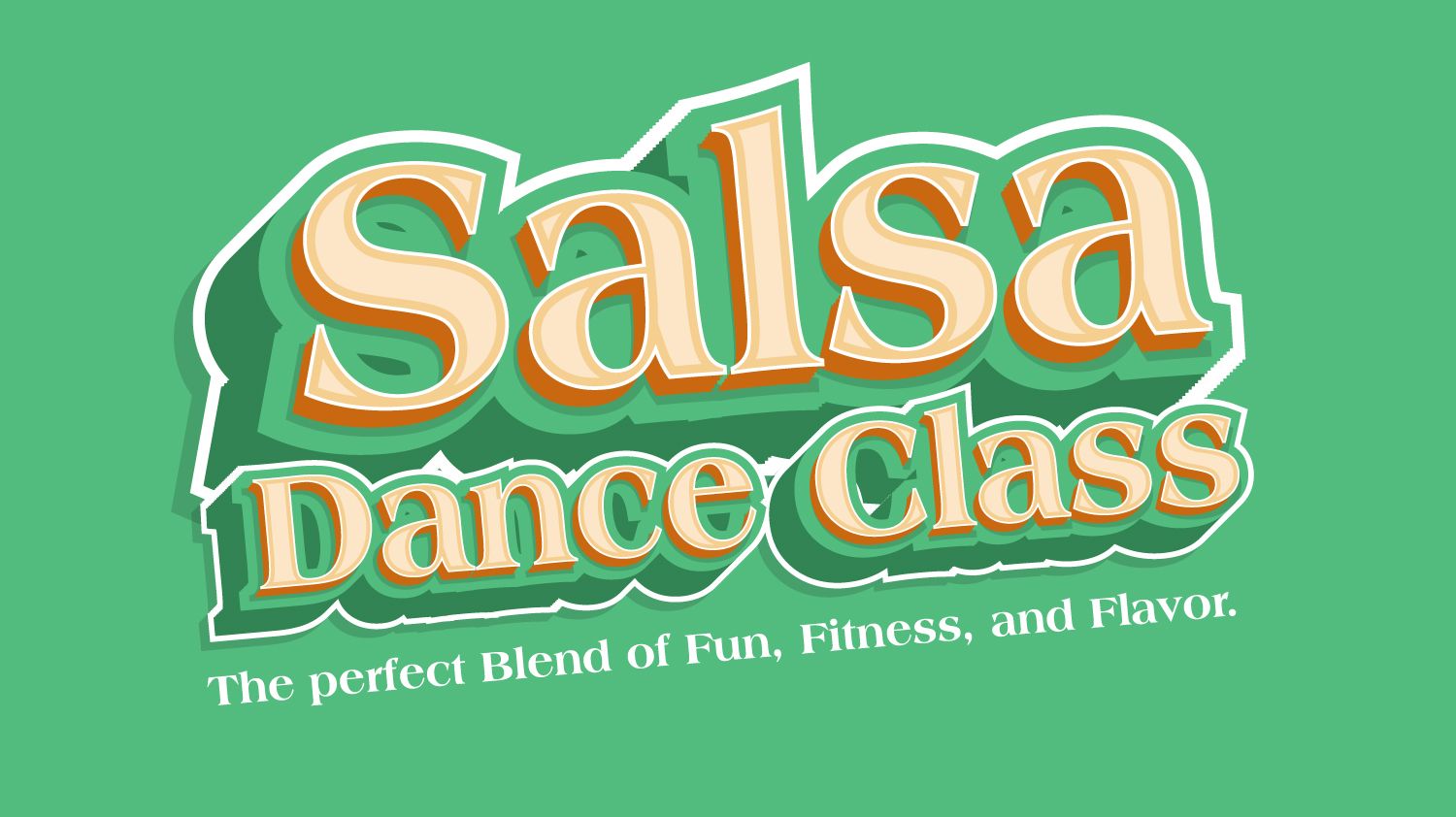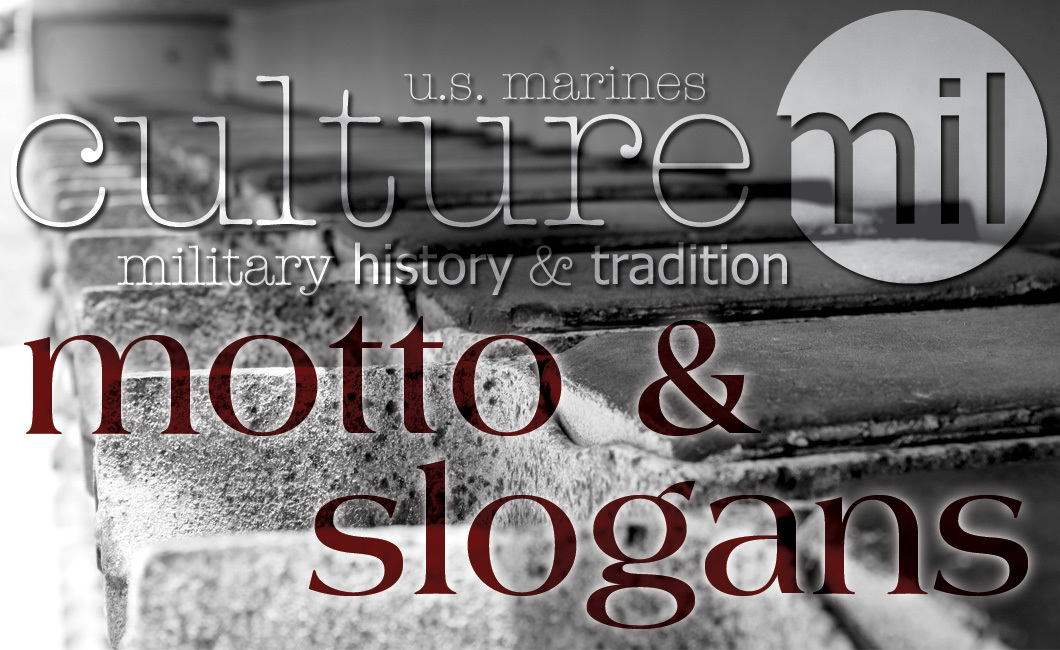- Active-Duty Marines
- Retired Marines
- Reserve Marines
- Marine Veterans
- http://www.marineparents.com/marinecorps/motto-and-slogans.asp
- http://www.differencebetween.info/difference-between-quotes-slogans-and-proverbs
- http://www.usmcpress.com/heritage/usmc_slogans.htm
Written by Jenifer Chrisman on July 24, 2017.
“One Team. One Mission.”
– Inspirational Quote
The motto and distinctly recognizable slogans of the U.S. Marine Corps are more than just catchy little words and phrases. They are rich in their history, culture and tradition, having developed and entrenched themselves deeply throughout the Corps 200 plus years (established November 10, 1775). While some may be less widely known than others, they are all an intricate part of Marine Corps life.
Semper Fi
Short for Semper Fidelis (always faithful), Semper Fi was adopted by the U.S. Marines as their official motto around 1883. For more information, please visit https://eisenhower.armymwr.com/info/culturemil/semper-fi.
A Few Good Men
This 200 year plus tradition began in Boston on March 20, 1779, when Captain William Jones (USMC) advertised for “a few good men.” He was looking for men to enlist in the Corps for naval duty and felt only a few men, as they would be Marines, would be enough.
Devil Dogs
“Wie sind die Teufelhundern?” (“Who are these Devil Dogs?”) For more information, please visit https://eisenhower.armymwr.com/fyi/culturemil/devil-dogs.
Esprit de Corps
Esprit de Corps is defined by Merriam-Webster as the common spirit existing in the members of a group and inspiring enthusiasm, devotion, and strong regard for the honor of the group. Literally translated as “spirit of the body,” it exemplifies who the Marines are. As the saying goes, “Once a Marine, Always a Marine!”
First to Fight
At the forefront of every war America has fought in since their founding, the Marines have risen to the challenge and served across the globe.
Good night, Chesty, wherever you are.
Five times Navy Cross recipient, Lieutenant General Lewis B. “Chesty” Puller enlisted as a Private and, through sheer determination and fortitude, worked his way up the ranks. Outspoken and known for his support of the junior enlisted men, “Chesty” fought in four wars, becoming a living legend.
Gung-Ho
Gung-Ho or Kung-Ho, interpreted as “working together,” was used by the Chinese to describe Marines around 1900. Literally defined as extremely or overly zealous or enthusiastic, it conveys their total commitment, to each other and the Corps, as well as their willingness to take on any task.
Jarhead
Decked out in their dress blues and high color, the term Jarhead implies a resemblance to a mason jar, and was used as early as World War II.
Leathernecks
leath·er·neck [leth-er-nek]; noun, informal : plural, leathernecks; definition, a U.S. Marine. For more information, please visit gordon.armymwr.com/fyi/culturemil/leatherneck.
Once a Marine, Always a Marine!
Credited to Master Sergeant Paul Woyshner during a barroom argument, once the title U.S. Marine is earned it is for life. There is no ex or former, there are only:
Ooh Rah
Ooh Rah, Oorah or Hoorah are used as an expression of enthusiasm, battle cry or to respond to a verbal greeting. For more information, please visit gordon.armymwr.com/fyi/culturemil/hooah.
The Few. The Proud.
During Advertising Week (2007), “The Few, The Proud” earned its place on Madison Avenue’s Advertising Walk of Fame, which reflects the high caliber and unique character of those who join and serve the U.S. Marines.
Uncommon Valor
Fleet Admiral Chester W. Nimitz’s epitome, “Uncommon valor was a common virtue,” referred most specifically to Iwo Jima, the largest all-Marine battle, but also applied to all Marines during World War II. From there it was shortened, becoming what we know today, “Uncommon Valor.”
These slogans and motto are far more than mere words, nor are they just the principles and ideals of the Corps, in many ways they have become a part of its very foundation. These slogans and their motto are an intricate part of the unity of the Marine Corps as they all work as one team toward fulfilling their mission.
Sources:



